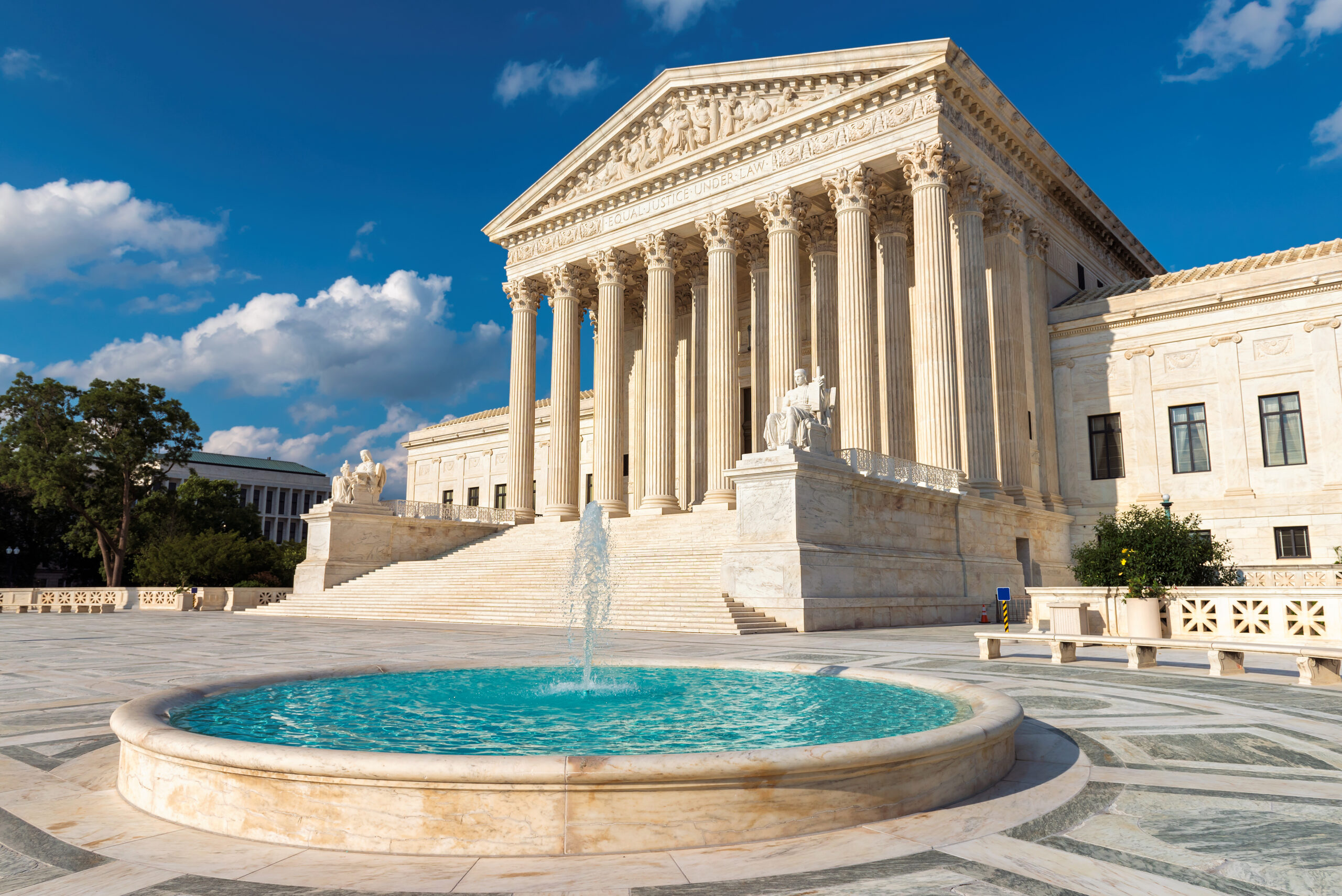Process of filing a whistleblower lawsuit under the False Claims Act
A private citizen who is aware of a person or entity that has submitted false claims for payment to the government can do the following with the assistance of counsel:
- Prepare a complaint outlining the alleged false claims;
- Prepare a disclosure statement with additional information about the false claims;
- File the complaint and disclosure statement under seal with a federal court and the US Department of Justice. “Under seal” means that the documents are not made public; only the government is aware of the documents;
- The government then investigates the allegations asserted in the complaint. The government can use the full force of its authority, including government agents (FBI, DHS, Postal Service Agents, etc.) and subpoena power.
- If the government finds that false claims for payment have been submitted by the defendant(s), the government may intervene and prosecute the complaint. The private citizen does not have to take any action or bear any expense.
- The government is entitled to three times the amount of the false claims submitted to the government. The government is also entitled to a penalty of up to $11,000.00 for each false claim submitted.
- As an example, if the defendant submitted 100 claims for a total of $1,000,000.00, the government is entitled to recover $3,000,000.00 in damages and up to $1,100,000.00 in penalties, for a total of $4,100,000.00.
- If the government obtains a recovery (either through a verdict or settlement), the private citizen is entitled to receive between 15% to 30% of the recovery. The private citizen is also entitled to recover attorneys’ fees and costs.
- Once the settlement is final, the complaint and settlement are unsealed; this is typically the first time the private citizen’s name is disclosed to the defendant.
- The defendant is prohibited by law by taking any retaliatory action against the private citizen and is subject to liability and additional damages if that occurs.
- In the example above, the private citizen would be entitled up to $1,230,000.00 of the recovery plus attorneys’ fees and expenses.






